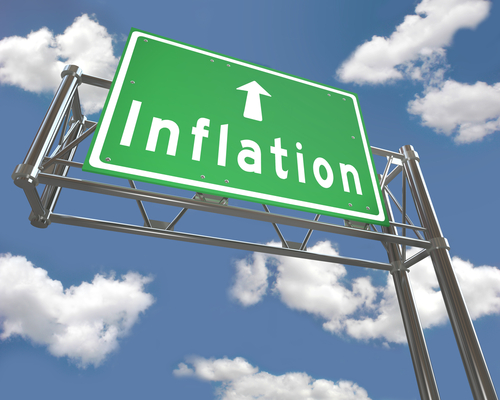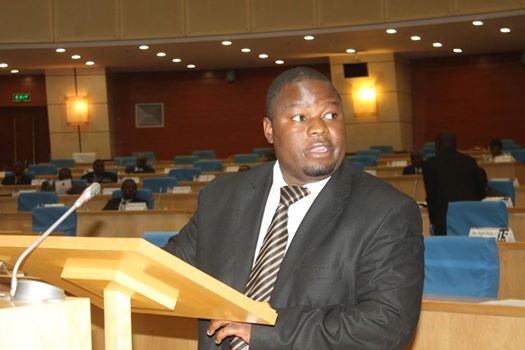Malawi expects inflation to slow to an average of 18% this year, helped by a bumper crop and strong tobacco prices, its Finance minister said as the destitute Southern African country continues on a painful path to righting its finances.
Report by Reuters
Ken Lipenga also said he was optimistic Malawi would be able to meet a growth target of 5,5% this year, adding it was committed to pushing through structural reforms and drawing foreign investment.
“For the first time in many years we are so much looking forward to a bumper harvest this year and good tobacco prices,” Lipenga said in an interview as part of the Reuters Africa Investment Summit.
“The two will help us prop up the reserves and a good crop will help stem inflation.”
Lipenga — a former Reuters journalist and newspaper editor who turned to politics — said he expected inflation to average 18% in 2013. It averaged 21,3% last year, but has this year spiked as high as 37,9%. Soaring food and fuel prices have been stoking inflation since President Joyce Banda eased the kwacha peg against the dollar and devalued the currency by 49%.
Since taking the helm of one of the world’s poorest countries last year, Banda has been working to restore foreign aid withheld during the final days of her predecessor’s tenure after he picked a fight with key donors.
Overseas aid traditionally accounts for about 40% of the national Budget.
In December, the central bank raised the benchmark lending rate by 400 basis points to 25% in an attempt to stabilise the kwacha and rein in price increases.
The policies have pleased donors and the International Monetary Fund, but have angered many voters who blame Banda for soaring food prices.
“Our biggest challenge now is to stem inflation and slow the depreciation of the kwacha,” Lipenga said.
“In order to correct the past mistakes and put the economy on a sustained path to recovery, tough policy decisions — many of them painful and unpopular — had to be made to avoid us being another Zimbabwe,” he added.




